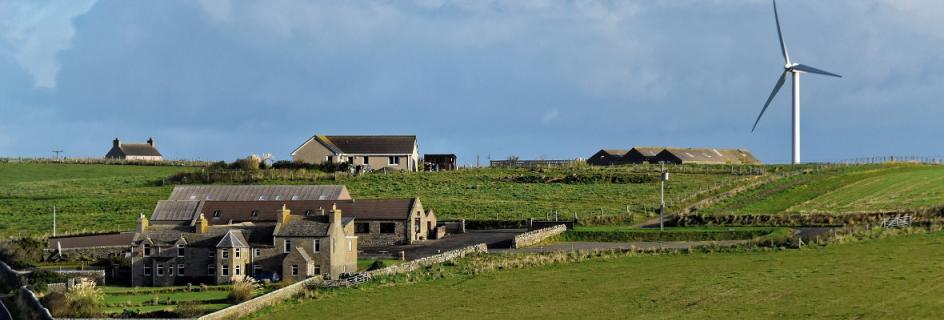Post date:
The two-year long inquiry was initiated by the Royal Society of Edinburgh (RSE), Scotland’s National Academy, to address the challenge of meeting Scotland’s future energy requirements in the face of increasing demand, power station closures, and pressing carbon reduction targets.
Challenges ahead
In June the inquiry published its findings in a report called Scotland’s Energy Future. The report warns that no energy policy, no matter how well-considered, will be capable of solving all the issues of energy supply, and that difficult and costly choices will have to be made.
The expected major increase in demand for electricity, coupled with Scotland’s electricity generating capacity decreasing due to the closures, and planned closures, of various power stations, all serve to make the issue more pressing.
Potential solutions
As well as highlighting the complexity of Scotland’s energy challenges, the report also suggests ways in which the nation could lead the way in developing innovative, holistic solutions.
While there is no single solution to the problem, the inquiry suggests that carbon capture and storage (CCS), hydrogen production, a rapid move towards transport and heat electrification and wind energy (offshore and onshore) could all play their part in meeting increased demand and reducing emissions.
Such options would however require high short-term investment, a doubling of Scotland’s electricity generating capacity and building substantial new infrastructure.
University panellists
The inquiry was conducted by a 10-strong committee of experts and academics, led by Inquiry Chair Sir Muir Russell and Deputy Inquiry Chair Professor Becky Lunn. Alongside Professor Harrison, its membership included two other University of Edinburgh staff: Professor Simon Harley, School of Geosciences and Professor Jan Webb, School of Social and Political Science.
Concluding the inquiry, Professor Becky Lunn, Deputy Inquiry Chair said: “Our politicians have to make some very difficult decisions, but they must make these in an informed way and without delay. […] It may seem like a formidable task, but the global energy challenges we currently face present an opportunity for Scotland to invest in the country’s wellbeing, position itself as a global innovator and make positive lasting changes.”
Professor Gareth Harrison added: “The inquiry has undertaken a long hard look at the landscape for energy in Scotland in the coming decades. It recognises the challenges and a lack of a single solution to our energy needs. It sets out a set of recommendations that advocates a more holistic and collaborative approach to energy policymaking.”



